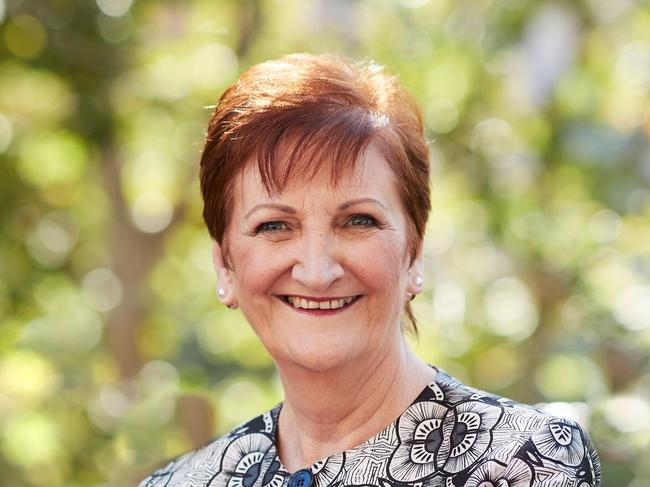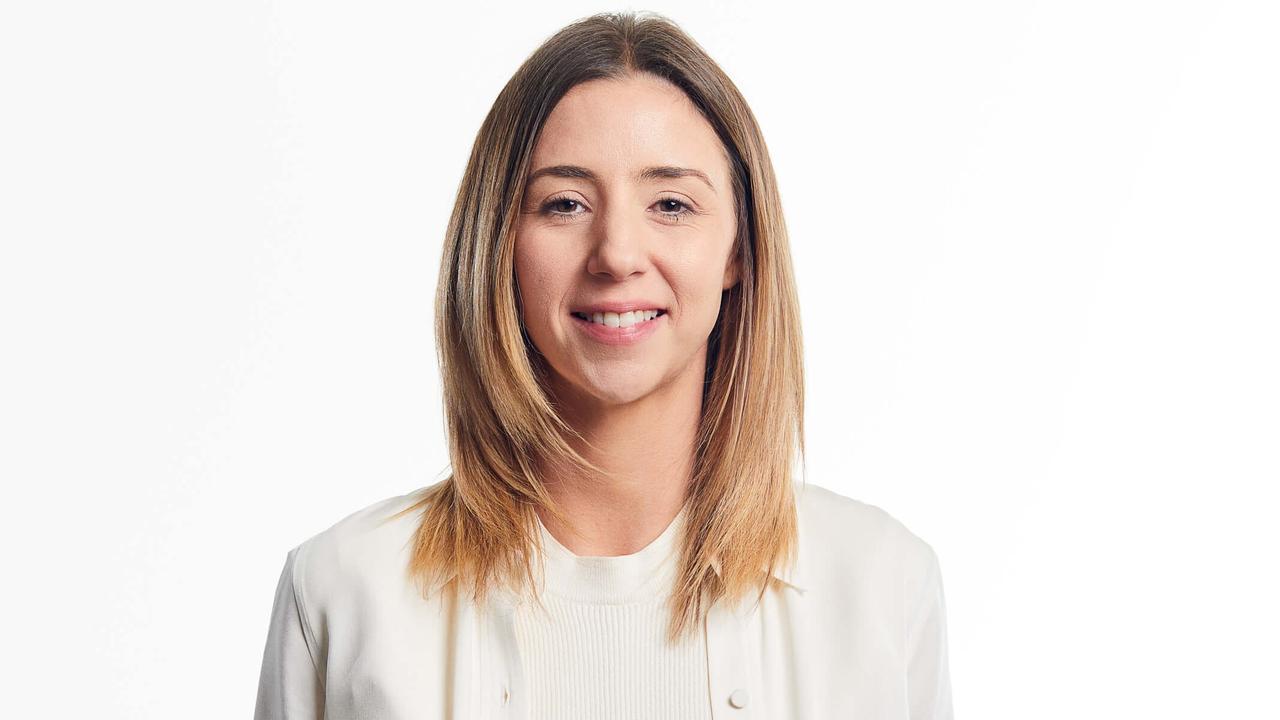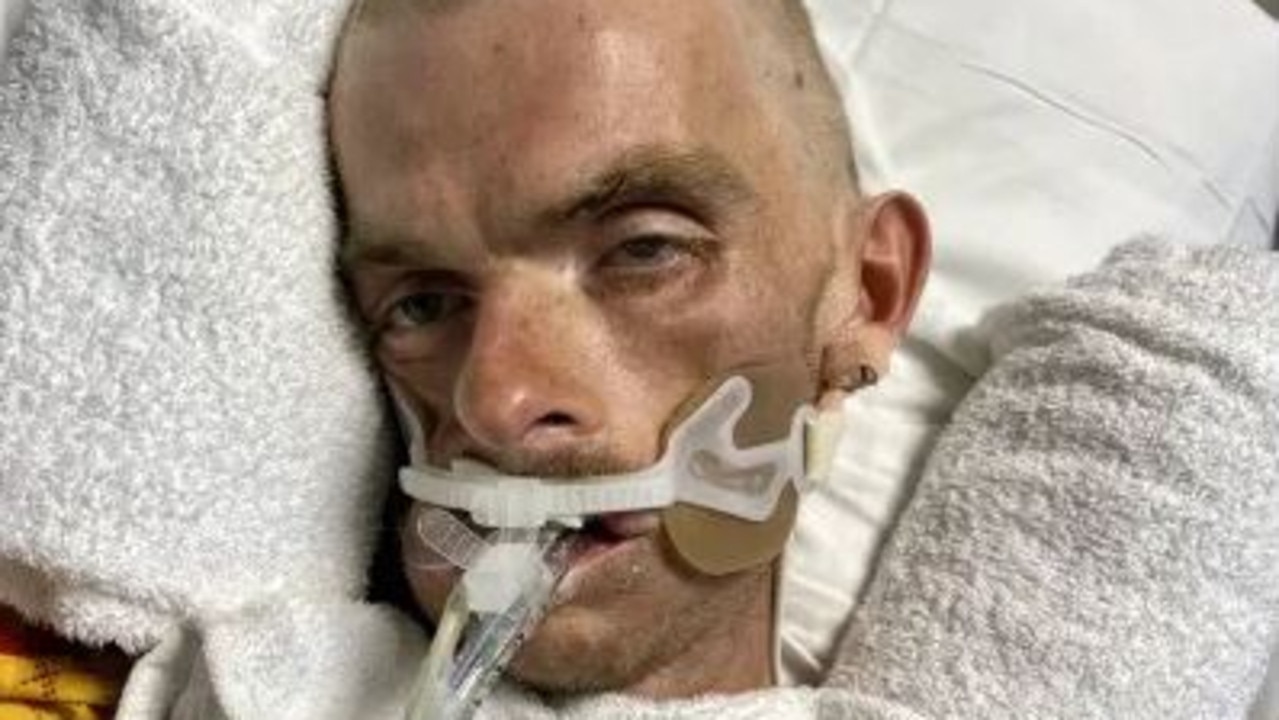Why it takes five years for life- saving medicines to get funded
Australian cancer patients are being hit with lengthy wait times for medicines as the nation falls behind the rest of the world. And one culprit is being blamed.

Illness
Don't miss out on the headlines from Illness. Followed categories will be added to My News.
Exclusive: Cancer patients are waiting up to five years to access life-saving medicines as spending on the Pharmaceutical Benefit Subsidy scheme plummets.
There are now over 30 new medicines for cancer and other conditions reimbursed in most other developed countries that are not yet subsidised in Australia.
And the Cancer Council Australia says many patients are facing an “unacceptable delay” accessing important new drugs and wants changes to speed up access to medicines.
It takes on average over a year for bureaucrats to approve new medicines for subsidy in Australia, four times longer than world leader Japan where it takes just 89 days.
For cancer medicines the delay is even longer, averaging 610 days but one cancer medicine took 1801 days to get approval according to a Medicines Australia report comparing Australia’s performance with the rest of the world.

The Cancer Council blames drug companies for the delays.
“Unfortunately, the main reason for the delay is the exorbitant prices set by the drug companies,” said Cancer Council CEO Professor Sanchia Aranda.
Medicines can only be subsidies in Australia when an independent expert committee decides they are cost effective and the high price of new medicines makes these negotiations difficult.
The secret fee list your doctor doesn’t want you to see
Could light therapy cure cancer?
The expert committee will this month consider whether to fund 16 new treatments for cancer, 12 of them have already been rejected for subsidy at least once before.
Cancer groups fear the new medicines for prostate, non small cell lung cancer, acute lymphoblastic leukaemia, multiple myeloma and breast cancer face an uphill battle gaining a subsidy.
Pharmaceutical lobby group medicines Australia says budget projections show funding for the PBS will fall from $11.139 billion in 2013-14 to $11.050 billion in 2021-22.
The scheme will have to cover 4.5 million extra people with 20 per cent less money as the population grows and ages and more high cost medicines fight for subsidies.
“Spending has increased by $1 billion over 14 years which is negligible and if you add in inflation it’s been in decline,” says Medicines Australia CEO Elizabeth de Somer.

The top 10 countries around the world reimburse new medicines within an average 181 days, Germany takes 117 days and Great Britain 128 this compares with the average 462 days in Australia.
Under a deal reached with medicine companies in 2017 the government slashed $1.8 billion from the pharmaceutical benefits scheme.
In return it promised to halve from 3 to 1.5 the average number of submission companies had to make to a government committee before they received a subsidy.
However, since that deal the average time taken to approve subsidies has been increasing.
“I think it is very clear that savings measures are tangible and the government legislated them quickly but the reforms around the subsidy approval process seems to be taking a long time and we are struggling to see the benefits of that commitment,” Ms de Somer said.
Brisbane mum Ruth Camejo is only able to access high cost cancer treatment Keytruda to prevent a return of her melanoma as part of a clinical trial.
The 43-year-old school administrative officer identified a melanoma on her right calf in 2015 while shaving her legs and a year later she found another melanoma.
“We need new treatments to be readily approved so doctors can prescribe them. If they can’t it is super frustrating for doctors and patients,” she said.
“Scientists and doctors are working hard to put extra tools in the toolkit but we need to have them made available in an affordable manner.”


